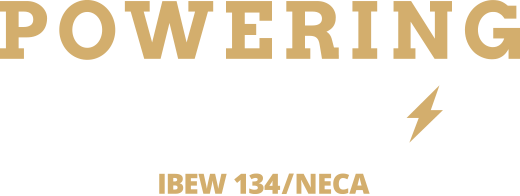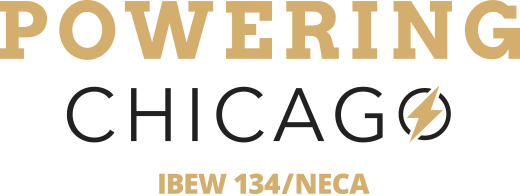Finding an Electrical Contractor with the Highest Commitment to Safety
- Posted: August 3, 2022
- eBook, How to find an electrical contractor
When it’s your job to source electrical contractors, you know that safety is a top priority. But how do you find a safe electrical contractor that has the training and experience to mitigate risk? Powering Chicago’s “How to Find an Electrical Contractor” e-book outlines a proven approach to finding a contractor that prioritizes safety, and has a record of completing work on-time, on-budget, done right, every time.
Safety Accidents Are More Common Than You’d Think
When it comes to electricity, safety is a real concern. According to data from the U.S. Fire Administration, faulty electrical systems cause nearly 40,000 residential and commercial fires each year, with hundreds of deaths, thousands of injuries and $10 billion in damages. By adequately assessing an electrical contractor’s safety record, you can mitigate risk of injury and damage. When it comes to safety preparedness, no other programs touch the level of safety training provided by unions.
“Statistics have clearly shown that a union-trained workforce has far less accidents than a non-union trained workforce,”
David Long, National Electrical Contractors Association (NECA) President and CEO
Assessing an Electrical Contractor’s Safety Record
It’s important to ask safety-specific questions early in the vetting process. One way to find a safe electrical contractor is to ask for their Experience Modification Rate (EMR). The EMR is a number that insurance companies use to calculate worker’s compensation premiums. The number is determined by calculating the number of claims/injuries a company has had in the past year and their corresponding costs. Ask the contractor to provide you with a document from their insurance provider that lists their EMR.
While finding a safe electrical contractor is important, there are other factors that weigh into the right choice. Download the guide for additional guidance on safety considerations, as well as other important factors like gauging quality and value, reliability and competitive pricing.

